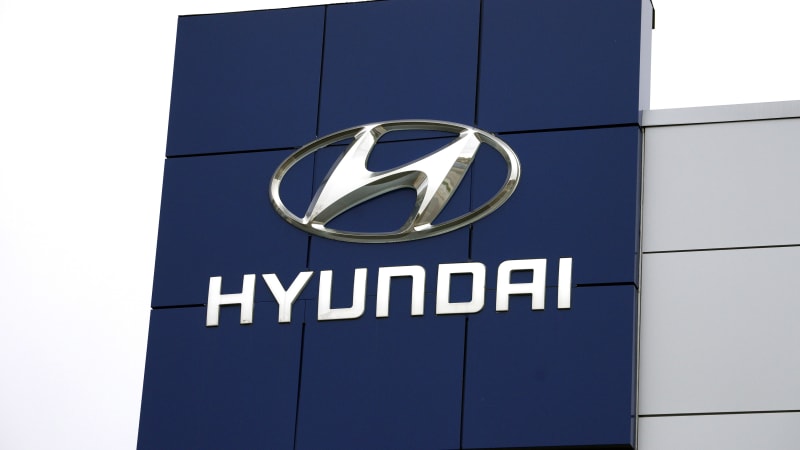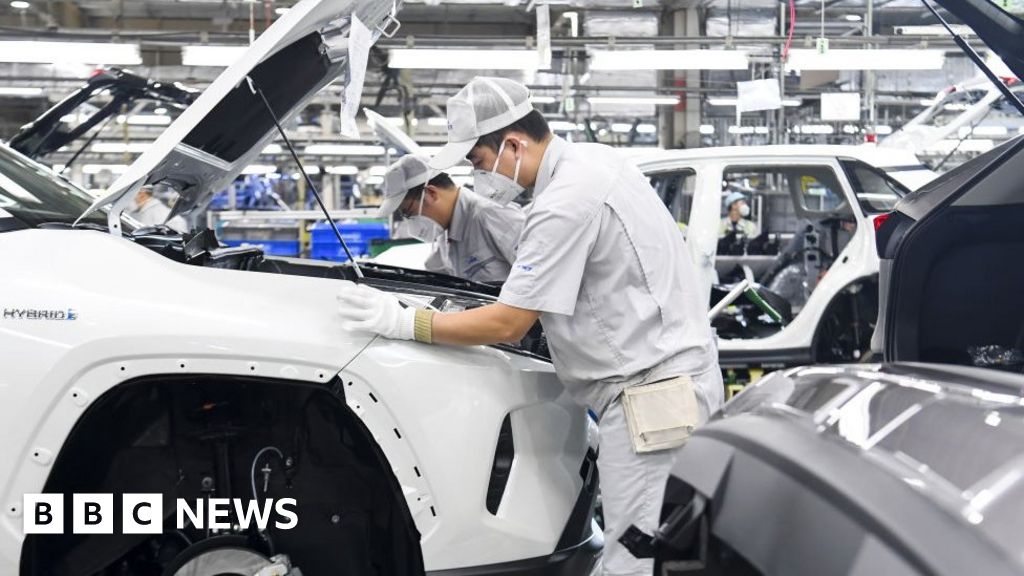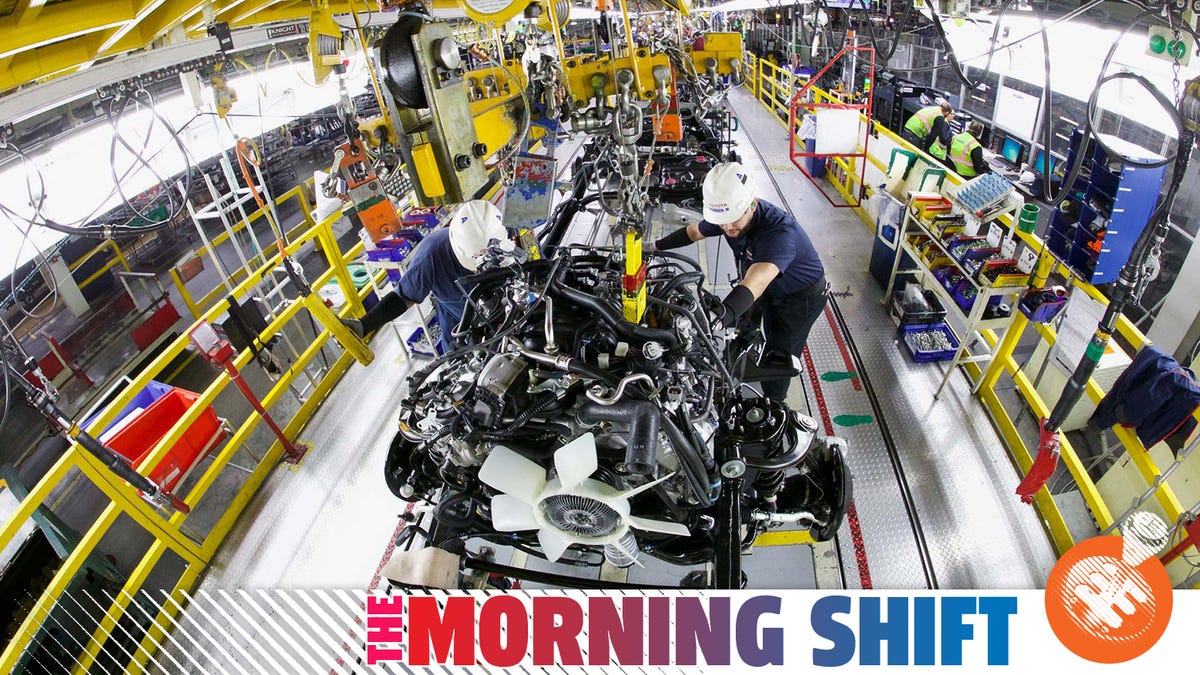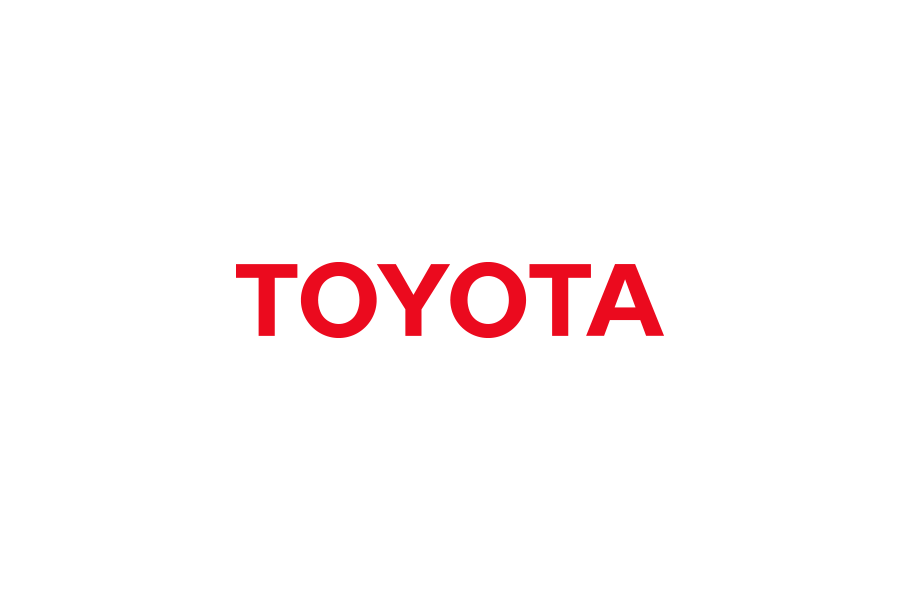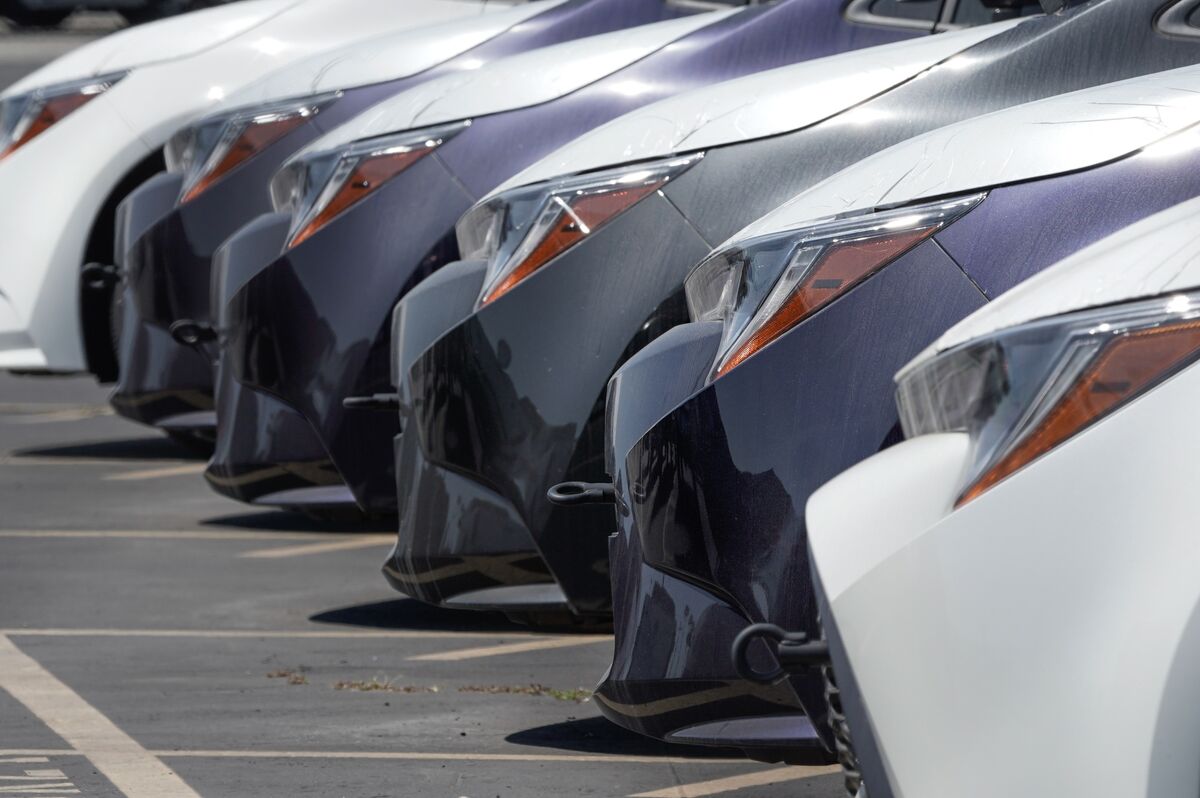Why Toyota had a big pile of chips when semiconductor shortage dealt others a bad hand - Autoblog
Toyota's good fortune in the global semiconductor shortage and is stockpile of key components in cars goes back a decade to the Fukushima disaster.
Toyota has not been affected by the worldwide automotive electronics chip shortage that has slowed or stopped assembly lines at VW, GM, Ford, Honda, Stellantis and others.
The automotive electronics chip shortage came about when semiconductor manufacturers switched their production to produce consumer products (like electronics gamesets) following the automotive production slowdown last year. The pandemic caused a slowing of automotive production last year as demand dropped and automakers switched production to medical devices. But demand for consumer electronics products is now so great that semiconductor manufacturers have no capacity to make consumer and automotive electronics.
Toyota learned from the impact that the 2011 earthquake had on its supply lines -- and subsequently the long delay before getting back to normal production. In the aftermath of that devastating earthquake (remember that Toyota lost money that year) Toyota came up with a business continuity plan to ensure that it would continue to have supplies during times of crisis.
This is a good example of how to properly do business,
However, Toyota changed the way it buys MCUs and other microchips after the 2011 earthquake, which caused a tsunami that killed more than 22,000 people and triggered a deadly meltdown at Fukushima's nuclear power plant.
In the aftermath of the quake, Toyota estimated its procurement of more than 1,200 parts and materials might be affected and it drew up a list of 500 priority items that would need secure supply in the future, including semiconductors made by key Japanese chip supplier Renesas Electronics.
The sources said Toyota has another advantage over some rivals when it comes to chips thanks to its longstanding policy of ensuring it understands all the technology used in its cars, rather than relying on suppliers to provide "black boxes."
"This basic approach sets us apart," said one of the sources, a Toyota engineer.
"From what causes flaws in semiconductors to gory details about production processes like what gases and chemicals you use to make the process work, we understand the technology inside and out. It's a different level of knowledge that you can't simply gain if you're just buying those technologies."

